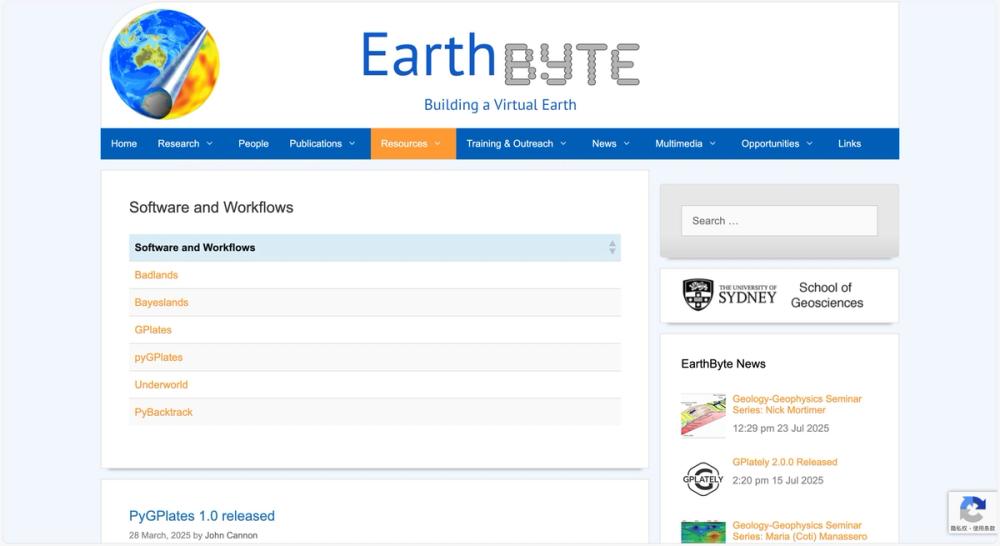Conda
Conda is an open-source package management system and environment manager designed to simplify the installation and management of software packages and their dependencies. It is platform-agnostic, supporting Linux, macOS, and Windows, and while originally created for Python programs, it can package and distribute software in any language.
Key Features
- Multi-Platform Support: Works seamlessly across Linux, macOS, and Windows, ensuring broad compatibility.
- Environment Management: Allows users to create isolated environments to manage multiple versions of software and dependencies without conflicts.
- Package Management: Facilitates easy installation, updating, and removal of software packages from a vast repository.
- Dependency Resolution: Automatically handles complex dependency chains, making software setup hassle-free.
- Extensibility: Supports packaging for any software, not limited to Python, broadening its applicability.
Use Cases
- Data Science & Machine Learning: Ideal for managing libraries like NumPy, Pandas, and TensorFlow in isolated environments for reproducible research.
- Software Development: Useful for developers needing specific versions of tools or libraries for different projects.
- Academic Research: Helps researchers maintain consistent software environments across collaborative projects.
- Enterprise Applications: Enables IT teams to deploy and manage software stacks efficiently across diverse systems.
Conda's unique selling point is its ability to manage both Python and non-Python dependencies in a unified system, making it a versatile tool for developers, researchers, and IT professionals.




